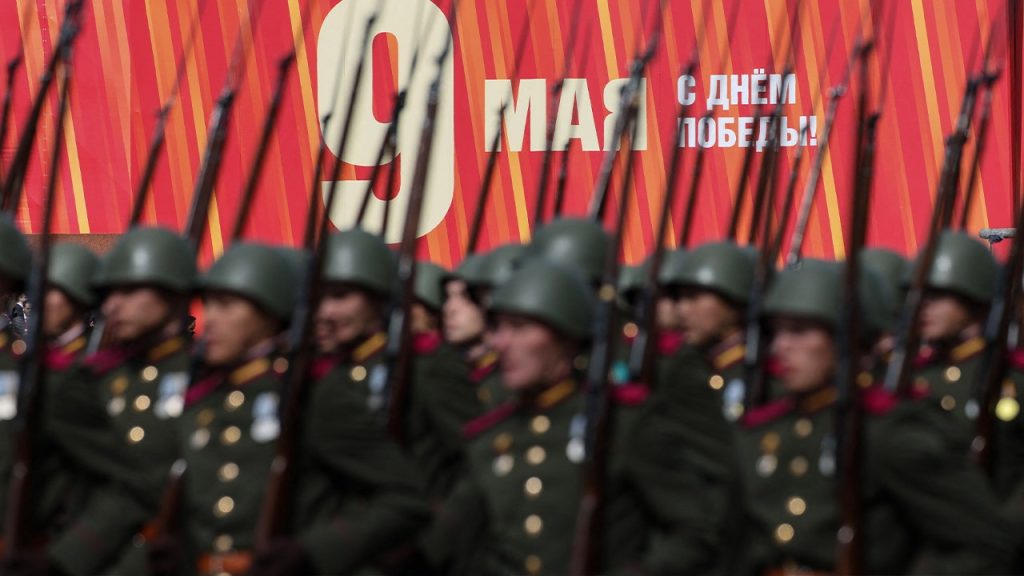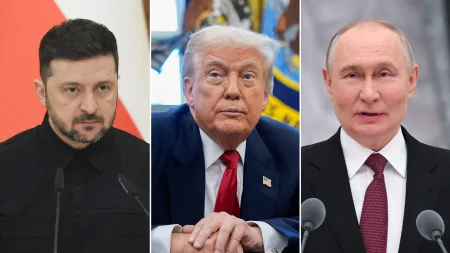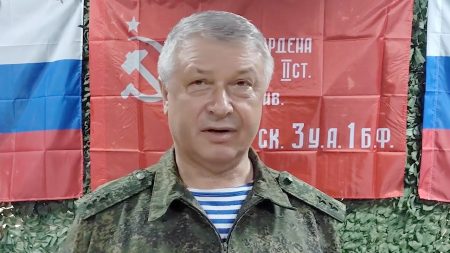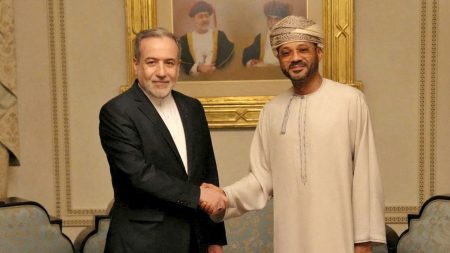Russia’s Military Hero Unmasked as Mastermind of Elaborate Injury Scheme
In a shocking revelation that has rocked Russia’s military establishment, one of the country’s most celebrated war heroes has been exposed as the alleged orchestrator of an audacious fraud scheme. Lieutenant Colonel Konstantin Frolov, nicknamed “the Executioner” for his renowned sniper skills, reportedly organized a conspiracy where soldiers deliberately wounded themselves—and even their own commander—to collect substantial combat injury payouts. The scandal, which emerged from within the prestigious 83rd Separate Guards Air Assault Brigade, has tarnished the reputation of an officer once held up as the embodiment of Russian military valor during the ongoing conflict in Ukraine.
According to Russian newspaper Kommersant, the fraud operation allegedly siphoned nearly $2.5 million from military coffers, with at least 35 officers from the elite unit each collecting approximately $40,000 while avoiding actual combat. Former brigade commander Artem Gorodilov has also been implicated in the scheme. What makes this case particularly stunning is Frolov’s status within the Russian military hierarchy—the lieutenant colonel had been decorated with four “Orders of Courage” (one of Russia’s highest honors) and two additional valor medals for his supposed battlefield heroism. Investigators now claim these accolades were built on deliberately fabricated acts of bravery, with Frolov allegedly instructing subordinates to shoot him in carefully calculated locations that would avoid vital organs while still qualifying for injury compensation.
The elaborate deception began unraveling last summer when a whistleblower alerted authorities to suspicious activities within the unit. Subsequent investigation led to Frolov’s arrest in June 2024, followed by Gorodilov’s apprehension the following month. Both men now face serious fraud charges that could result in lengthy prison sentences if convicted. The case represents not just a financial crime but a profound betrayal of trust that strikes at the heart of Russia’s military narrative during President Vladimir Putin’s three-year war in Ukraine. Frolov had been publicly celebrated for supposedly surviving five minor and two serious wounds in combat—injuries that investigators now believe were methodically self-inflicted or orchestrated as part of the fraudulent scheme.
Beyond the injury fraud, authorities reportedly discovered that Frolov had amassed an illegal weapons cache, including three captured pistols, a machine gun, ammunition magazines, several mines, and grenades. These additional allegations have resulted in supplementary charges of bribery and illegal weapons trafficking against the once-revered officer. The scandal exposes significant vulnerabilities in Russia’s military compensation system, which apparently lacked sufficient oversight to detect such a widespread conspiracy operating within one of its most prestigious units. The fact that dozens of officers could collectively orchestrate self-injuries without raising immediate suspicion suggests potential systemic failures in military accountability structures.
The unmasking of “the Executioner” comes at a particularly sensitive time for Russia, as the military continues to face challenges in its Ukraine campaign while maintaining public support for the conflict. Frolov’s case is especially damaging because it undermines the heroic narrative that Russian state media has carefully cultivated around its military operations. The revelation that one of the war’s most decorated figures allegedly fabricated his exploits raises uncomfortable questions about the authenticity of other reported acts of Russian battlefield heroism. For ordinary Russian citizens who have been encouraged to view their military as embodying the nation’s strength and moral character, the scandal represents a jarring contradiction to official portrayals.
While the legal proceedings against Frolov and Gorodilov continue to unfold, the case has already prompted calls for stricter verification protocols for combat injury claims and more rigorous vetting of commendation recipients. The episode serves as a sobering reminder that even in the midst of actual conflict, where genuine acts of courage undoubtedly occur, the potential for exploitation and fraud remains. For Russia’s military leadership, the challenge now extends beyond prosecuting the alleged perpetrators to rebuilding trust in a system that allowed decorated officers to apparently transform battlefield sacrifice into a profitable criminal enterprise. As the full details of the scheme continue to emerge, “the Executioner” may ultimately be remembered not for his marksmanship but for executing one of the most brazen frauds in recent Russian military history.















